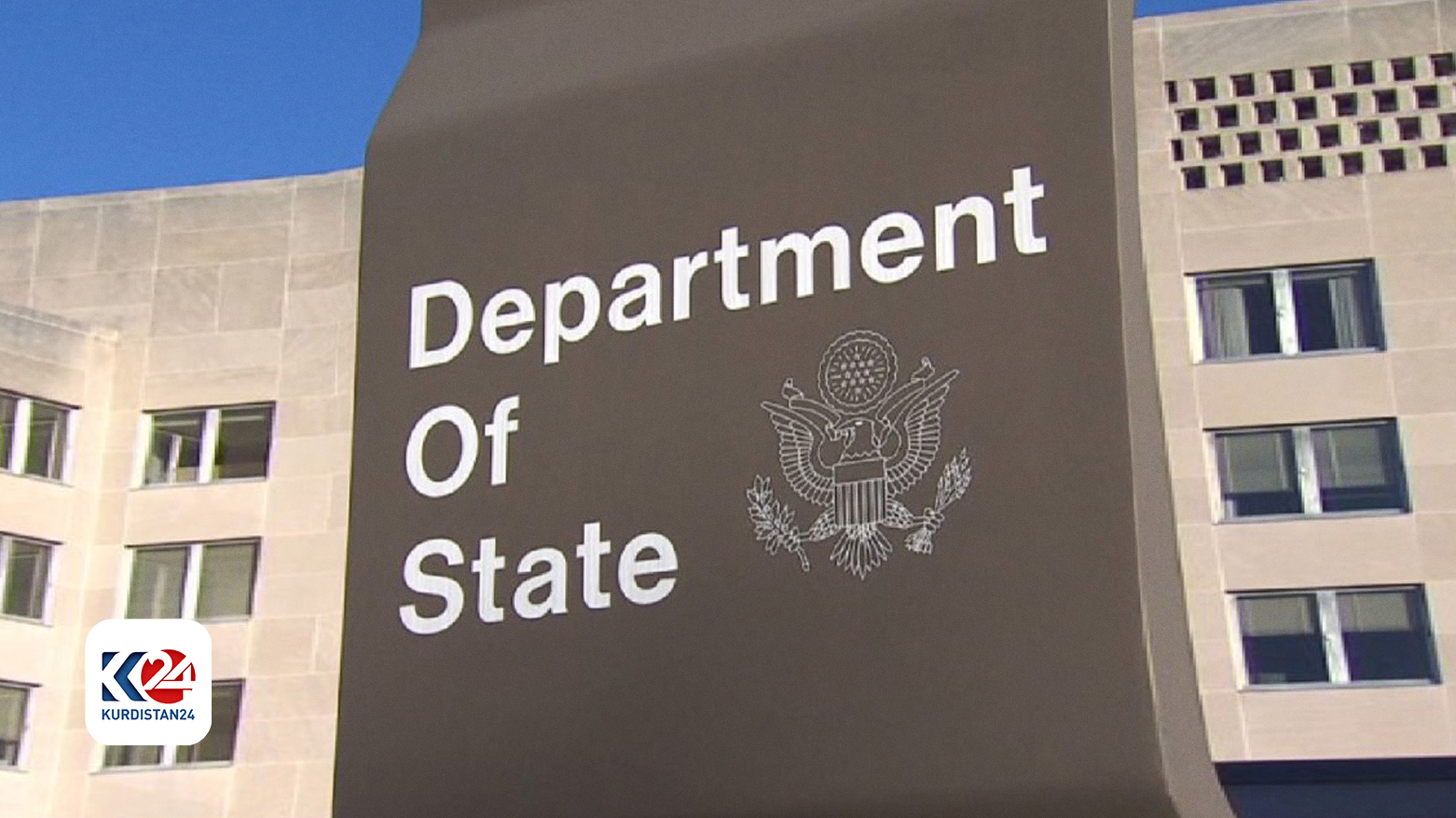US Strongly Criticizes Proposed Changes to Iraq’s Personal Status Law
“We call on the Council of Representatives to refrain from passing legislation that would lead to the rollback of rights of women and children,” the Spokesperson said.

WASHINGTON DC, United States (Kurdistan 24) – A State Department Spokesperson, responding on Wednesday to a question from Kurdistan 24, expressed strong criticism of controversial changes to Iraq’s Personal Status Law, as it was formulated in 1959, which are now under consideration by Iraq’s Council of Representatives.
The changes are being pushed by the strongly sectarian Shi’a Coordination Framework. Essentially, the changes would transfer authority over various aspects of family life, including marriage and parental control of children, from the state to religious officials.
This is not so much an issue for Sunni Muslims or Christians, as it is for Iraq’s Shi’ites. The changes, which are seen by large sections of the population as a regression to a much earlier time, have been the target of protests in Baghdad and other Iraqi cities with large Shi’a populations.
Critics argue that they would undermine women’s rights and legitimize child marriage, as they would lower the marriage age for girls. Currently, a girl must be 18 years old to get married. But the proposed bill would reduce that by half: to just nine years old.
Read More: Iraqi women fear rise in child marriages as lawmakers consider giving conservative clerics more say
Indeed, as Shiism provides for temporary marriages, it could even legitimize child prostitution. Abhorrent as that is, it could, nonetheless, be a temptation for poorer families, struggling to make ends meet.
However, such is the opposition to these changes, that the Council of Representatives announced late on Tuesday it was postponing a second reading of the bill. It set no date for the second reading—saying only that it was postponed “until further notice.”
U.S. Criticism
A State Department Spokesperson cited the “public demonstrations against proposed amendments to the Personal Status Law” in responding to Kurdistan 24’s request for comment.
“We share their concern that proposed amendments to the Personal Status Law could undermine the rights of women and children,” she said.
“We urge Iraqi leaders to continue to abide by international treaties to which Iraq is a signatory and by their obligations under international law, including international human rights commitments, as guaranteed by the Iraqi constitution,” she continued.
“We call on the Council of Representatives to refrain from passing legislation that would lead to the rollback of rights of women and children,” she concluded, while “we urge Iraqis to engage in a civic dialogue oh the draft amendments in full respect of both freedom of religion and the rights of women and children.”